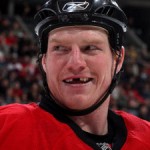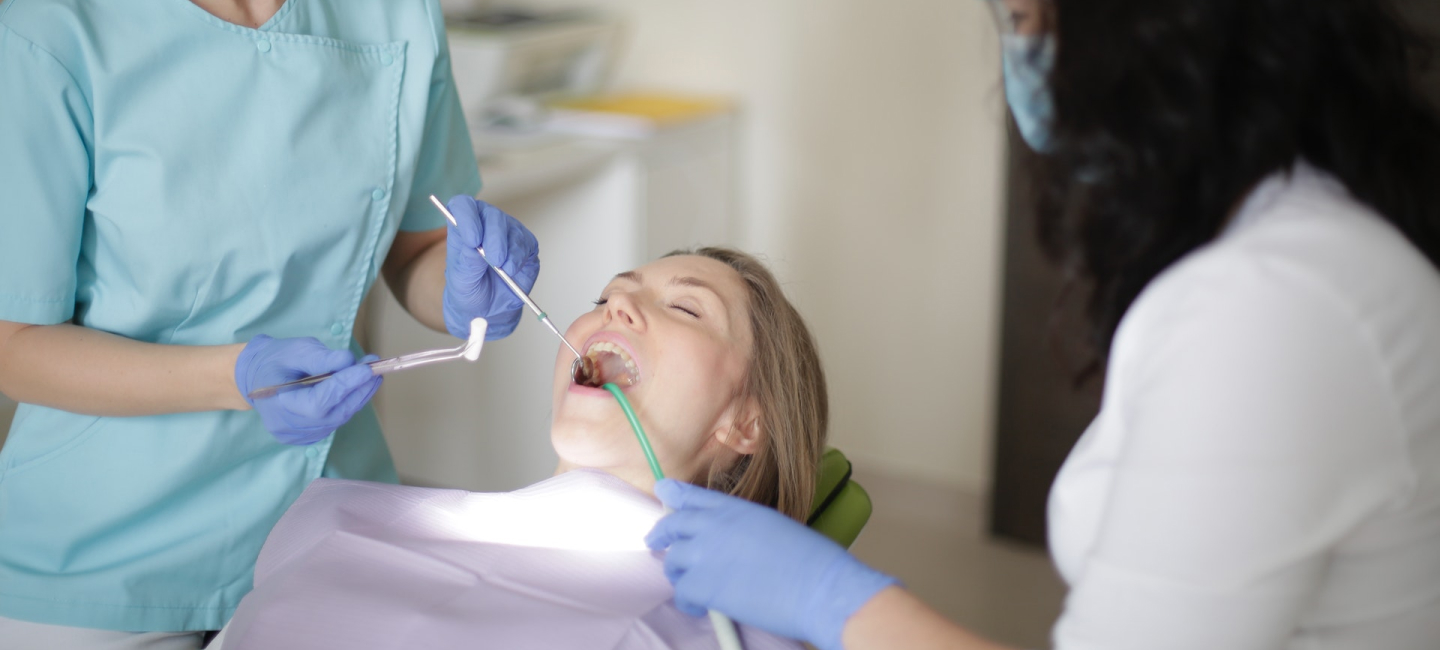 Sports are alive and well in society today…more popular than ever before. Adults and children alike participate in all sorts of sporting and recreational activities – from mountain bike riding and skateboarding to playing soccer, baseball, volleyball and other team sports. We do these things without ever thinking about our teeth.
Sports are alive and well in society today…more popular than ever before. Adults and children alike participate in all sorts of sporting and recreational activities – from mountain bike riding and skateboarding to playing soccer, baseball, volleyball and other team sports. We do these things without ever thinking about our teeth.
BUT…
Approximately 3 million teeth will be knocked out during sporting events this year in the U.S.A. and that’s just in people under age 18. It might be wise to get a mouth guard for your child or teen. They are made of soft, flexible plastic. And while some can be uncomfortable, they’ve come a long way. Many can be worn with minimal or even no discomfort at all. Your dental professional can talk to you about mouth guards and explain their use. Mouth guards also protect the gums – and protect the inside of the mouth
from getting torn/bitten by the teeth.
Mouth guards, also known as night guards, gum guards, or a mouthpiece, greatly reduce mouth injury and the chance of a tooth coming out if the mouth is hit by an object – or a body in motion! Interestingly, their inventor is unknown. They were first used in the sport of boxing, when boxers would put tape, material strips, and other items in their mouth to save their teeth.
You can purchase pre-made, over the counter mouth guards or you can order one from your dentist that is custom-fitted. The ones you buy at the drug store, ready to wear, are inexpensive. There is also a “boil and bite” type of mouth guard that is made of thermoplastic material and adheres a bit better to your teeth, fitting a little more comfortably. Mouth guards are normally worn only on the upper teeth but in some cases, your dentist may recommend protecting the lower teeth as well. A custom-made guard, ordered at your dentist’s office, will fit and feel the best, at a higher cost.
Taking it one step further, a facemask prevents any items (like balls, bats, and hockey pucks) from hitting the mouth area. Talk to your coach (or your favorite sports enthusiast) about mouthpieces and facemasks to see what’s right for you or your child.
Note that when a tooth IS knocked out, the best thing to do is gently nestle it back in and rush to the dentist. In some cases (about 10 to 15 %) the tooth can be re-implanted. Another interesting fact: A tooth begins to die about 15 minutes after it falls out of the mouth. Without “nourishment” it becomes dead and hardens.
Mouth guards also help save wear on your teeth caused by teeth grinding, which wears down the tooth enamel. Many people who grind their teeth while they sleep purchase and wear mouth guards.

